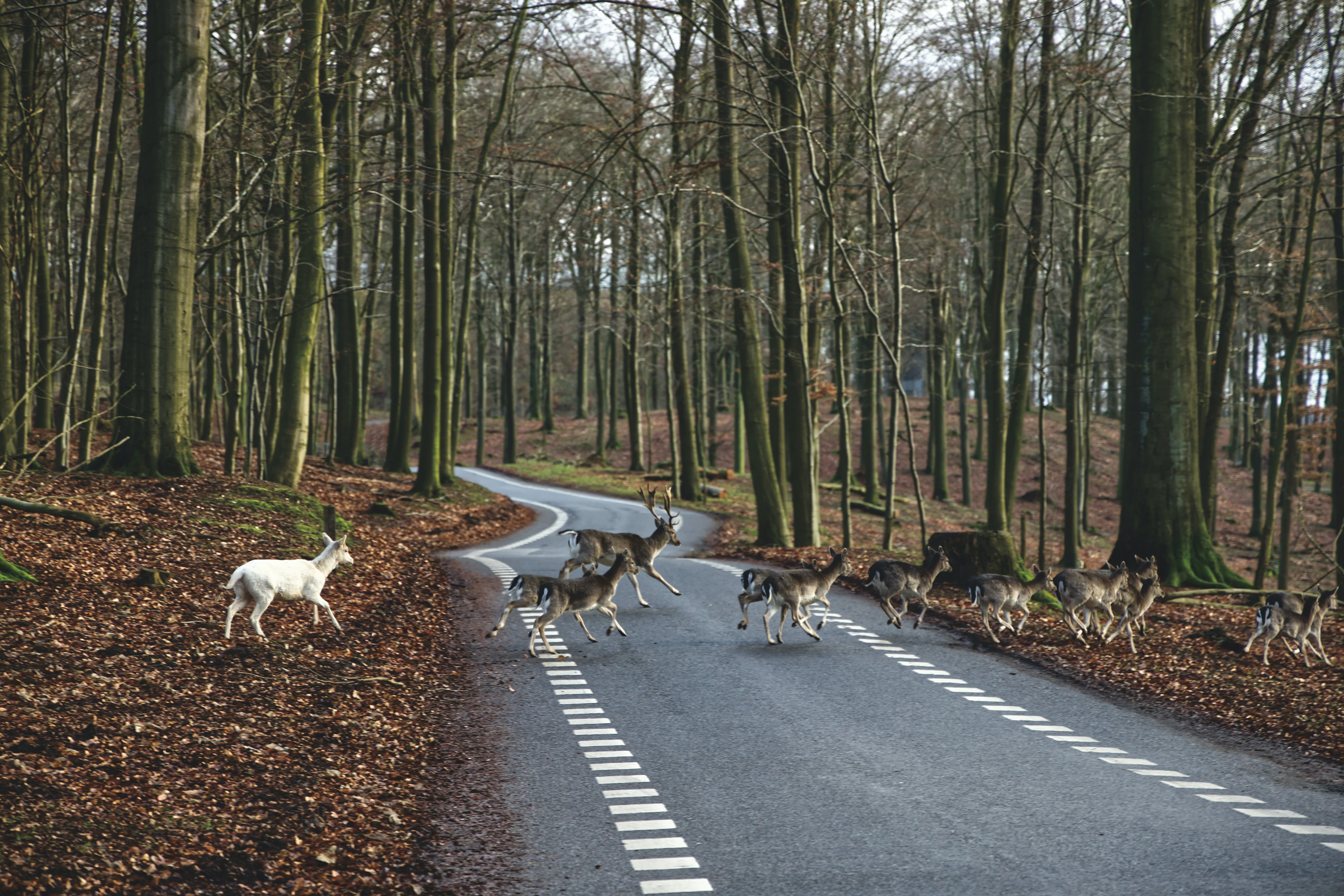
RoadSAFE: FWC
The Florida Fish and Wildlife Conservation Commission (FWC) has partnered with the Arizona State University Cloud Innovation Center (CIC) to create “RoadSAFE” (Roadkill Safety and Awareness for Everyone), a statewide smart web-based platform to report and analyze roadkill incidents throughout the state of Florida with minimal people hours and work force.
Problem
Thousands of animals are struck and killed on Florida roadways each year. Roadkill is a significant threat especially to endangered species. 22 Florida panthers and 240 Florida black bears have been killed by cars annually over the past 10 years, according to FWC. Florida panthers are the only species of puma that roam the east of the Mississippi River, and scientists estimate that 120 to 230 adults remain in the wild.
Roadkill is also a threat to motorists. Wildlife-vehicle collisions risk public safety, cause property damage, and produce traffic congestion, including the obvious hazards: injury and death to individual animals and threatened wildlife populations across the state. About 0.77% of collisions reported involved an animal between 2012 and 2020, which is 2,425 accidents per year on average, according to the Florida Department of Transportation (FDOT). This statistics is just the tip of the iceberg because most of the animal-involved collision incidents are not reported. The situation is expected to worsen as newly constructed highways spur development in suburban and rural areas.
Approach
RoadSAFE will overcome the limitations of traditional roadkill monitoring systems using two new approaches: smart technologies and citizen science. Smart technology enables the automation of analyzing a large amount of roadkill data in terms of time, location and animal species. Thus authorities can save their limited amount of manpower and time.
The state of Florida has allowed the implementation of sensors to be placed along the road to detect movements of the surrounding wildlife. Users can send information pertaining to roadkill and near roadkill situations. Recorded information is then uploaded to a database shared by the public, officials, and researchers. Local officials and other drivers will be able to provide important information such as: time, location, species, size, etc. With the application/program and information provided, users and local officials will be able to set up specific reports, allowing for quick and efficient pickups.
For example, if a user happens to observe a roadkill incident, they can activate Siri/Alexa/Bixby/etc to verbally report an incident. The application will briefly ask questions relating to the animal, while recording the location and other pertinent information. The data is sent to the system, which will send out alerts to the authorities and other drivers in the area of the incident. All of this helps to provide a simple report system, remove road kill and prevent any future cases.
Supporting Artifacts
The Amazon Working Backwards process produces three artifacts - a Press Release, a list of Frequently Asked Questions, and a Visual depiction of the user experience. You can find the artifacts here:
| PRFAQ | The combined press release and FAQ. |
| Visual | Coming soon. |
Next Steps
The Florida Fish and Wildlife Conservation Commission (FWC) is exploring options internally to develop a solution.
About the ASU CIC
The ASU Smart Cities Cloud Innovation Center (CIC) is a strategic relationship with Amazon Web Services (AWS) and is supported by AWS on ASU’s Innovation campus - SkySong. The mission of the CIC is to drive Innovation Challenges that materially benefit the greater Phoenix metro area and beyond. The CIC will do this by solving pressing community and regional challenges, using shareable and repeatable technology solutions from ideation through prototype, as a service for the greater human good.
The CIC also provides real-world problem-solving experiences to students by immersing them in the application of proven innovation methods in combination with the latest technologies to solve important challenges in the public sector.
The challenges being addressed cover a wide variety of topics including homelessness, water conservation, vandalism, pedestrian safety, digital service delivery and many others. The CIC leverages the deep subject matter expertise of government, education and non-profit organizations to clearly understand the customers affected by public sector challenges and develops solutions that meet the customer needs.
For more information on the ASU CIC, to read about projects or to submit a challenge, please visit https://smartchallenges.asu.edu.